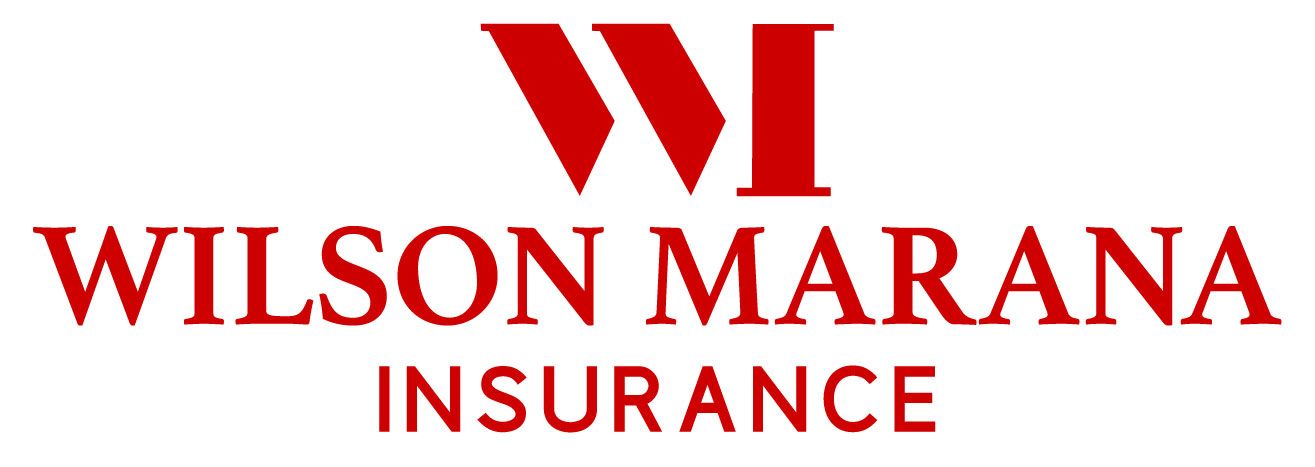FAQs
Wilson Marana Insurance
Have an insurance-related question? We have the answer. Check out these FAQs and give us a call today for more information.
What are Medicare parts A, B, D, and C?
Medicare is divided into four parts: Part A, Part B, Part C, and Part D. Each part covers a different set of services:
Part A: This is also known as Hospital Insurance, Part A covers inpatient hospital stays, some skilled nursing facility care, home health care, and hospice care.
Part B: This is also known as Medical Insurance, Part B covers outpatient services, doctor visits, X-rays, lab tests, preventive screenings, durable medical equipment, and home health care
Part C: This is also known as Medicare Advantage, Part C offers an alternate way to receive Medicare benefits. Part C may include vision, dental, and hearing coverage.
Part D: Part D covers prescription drugs, vaccines, and outpatient prescription drugs. Part D is usually included in a Medicare Advantage plan.
Do I need to get Medicare if I am still working and have coverage through my employer?
Yes, you should usually enroll in Part A when eligible for Medicare, even if you’re still working. Many people wait to enroll in Medicare Part B (medical insurance) if they’re still working and covered by an employer’s group health insurance plan when they become eligible for Medicare.
What is the difference between a Medicare Advantage Plan and original Medicare?
Medicare Advantage is an alternative to the traditional Medicare offered by private health insurance companies. Medicare Advantage plans cover all the same services under Original Medicare Part A and Part B, and they often include prescription drug coverage and extra benefits.
What is a Medicare Supplement or Medigap plan?
Medicare Supplement plans, also known as “Medigap,” help pay your share of medical costs that are not paid by Original Medicare - like copayments, coinsurance, and deductibles.
Do I need to get Medicare Part D even if I don’t take any prescriptions?
Medicare Part D, also referred to as the Medicare prescription drug benefit, is optional for everyone with Medicare. However, if you don't have other creditable prescription drug coverage, you should think about enrolling in a Part D plan even if you don't take any prescription drugs. If you wait to enroll, you may have to pay a late enrollment penalty. The penalty is calculated by multiplying 1% of the national base beneficiary premium by the number of full, uncovered months you didn't have Part D. You can ask for a reconsideration if you disagree with the penalty.
Can I go back to my original Medicare if I choose a Medicare Advantage plan?
During the year, certain enrollment periods allow you to disenroll from a Medicare Advantage plan and enroll in a Medicare Supplement plan if you pass medical underwriting. These periods are the Annual Enrollment Period and the Medicare Advantage Open Enrollment Period. Each fall, the Annual Enrollment Period allows beneficiaries to leave their Medicare Advantage plan and return to Original Medicare. During this period, you can also apply for a Medicare Supplement plan. If you pass the underwriting, you can enroll in the Medicare Supplement plan on January 1 of the following year.
How do I apply for Medicare?
You can sign up online at SSA.Gov – It's the easiest and fastest way to sign up and get any financial help. (You'll need to create your secure My Social Security account to sign up for Medicare or apply for benefits.) If you can’t create an account on SSA.Gov to sign up for Medicare A and B, contact your local Social Security office to schedule a phone appointment.



Share On: